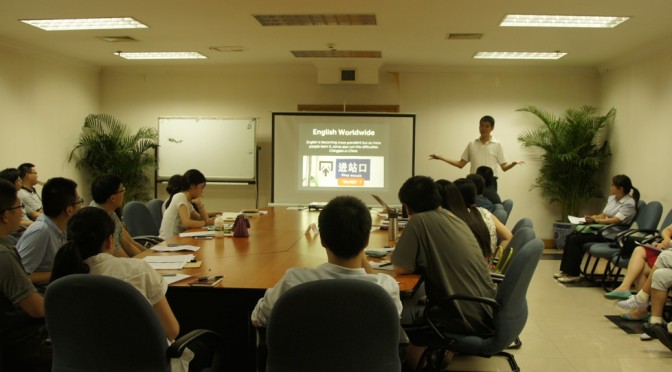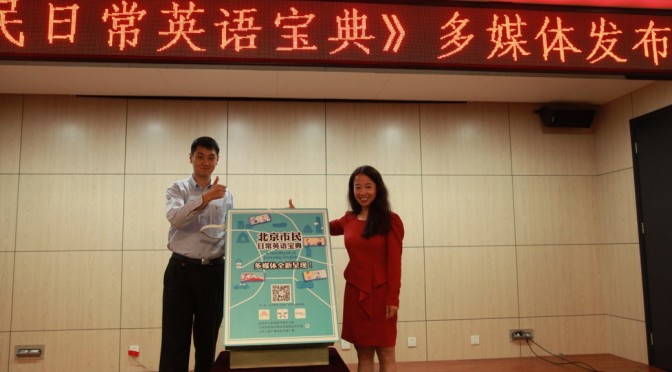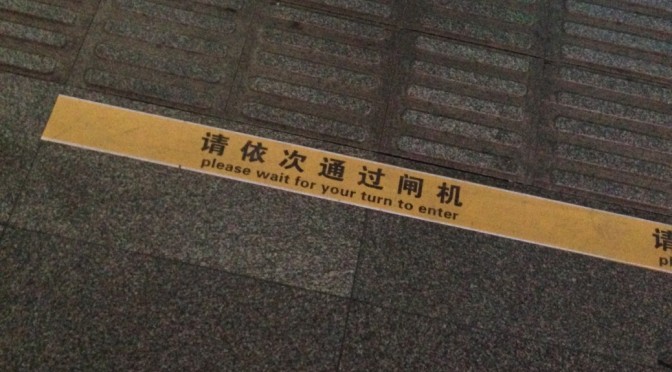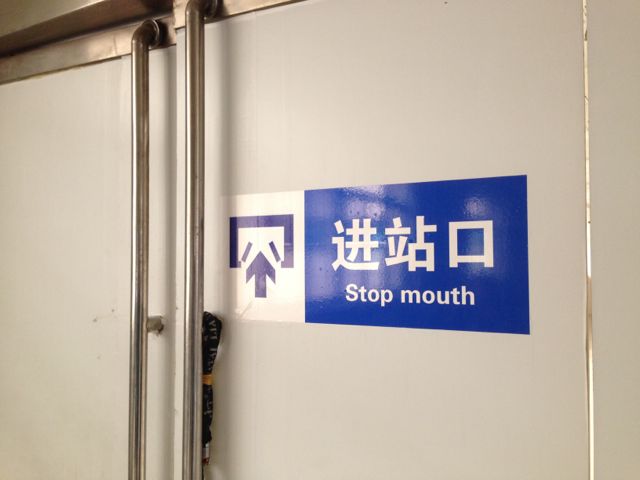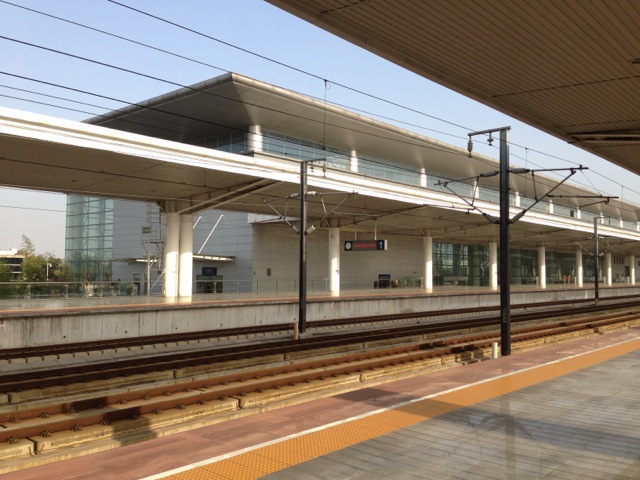That’s because I started helping my school clean test-tubes and beakers when I was about 15 over lunch — when I had nothing better to do after finishing my quick helping.
I’m not kidding you. It might seem a helluva strange reason: how do you mix cleaning lab gear with optimising English? But that’s the thing: it’s all about helping out and not “asking for attention”. (My friends in China tell me that this was the thing that was done half a decade ago. These days, if you help out, you’d be seen like an outdated follower of Lei Feng (“the mythical Chinese guy that helped everyone”) if you didn’t leave your name on the thing.)
Like: As of late, one of the trains that’s used my optimised English, train D365 from Beijing South to Fuzhou, got commended by the official People’s Railway Daily. But you never saw any public mentioning that “it was David Feng’s idea to equip the train with bilingual service cards, and that David had to work and retweak the cards, time and again, to get it right, and that David Feng paid from his own pocket to get the cards made ‘for real’, because he wanted the thing on the train ASAP”.
I seriously couldn’t care more. The thing is, I’m helping out because of Chinglish on the trains. Honestly, when you’re told — Please don’t throw the rubbish into the dustbin — you know that something’s gone wrong. Where else can you dump that banana you’ve just devoured? Obviously, the windows are sealed; it’d be suicide to crack these things open at 380 km/h*.
So with China concocting more Chinglish than they’re eradicating it — the rails included — it’s about high time I stepped in to stop the mess. Regard me as the lingo-savvy street cleaner, always photographing Chinglish and always correcting it. For one thing, I don’t like it when my railways scream out with Chinglish on their back. (If you bang into me you’ll see I’m Chinese, irregardless which ID I hold. And I don’t like it when Chinese Railways has to make do with sub-par Chinglish.)
Wuxi East is a cool station, and they’re probably a little cooler with standardised, optimised English all over the place. But nobody’d knew they translations were David Feng works — I deliberately left all traces of David Feng-ness off the thing. Ditto with Xi’an North — if you spot optimised English, that’ll just me doing my thing, sans credits. Oh and the same with Hanzhong and Ji’nan West.
I’m helping the rails get their English in order. (As an assistant professor of English at a key uni in China, it’s about time I did something for real — combining what I teach with what I love.) I’ve been to 22 countries and territories and I know when they’ve right-glish hanging over you in station signs. Obviously, since this is China’s railway system, I’m basing my optimised English on Chinese national norms, but I’m also making an effort to get the English up to speed by consulting with how English is used the right way in Hong Kong, Taiwan, Switzerland, and the UK. (Forget the US — they dumped the rails a long time ago…)
I don’t expect to get paid for this; I’m also not after free rides. (I paid for 34,000+ km of rail travel last year.) It’s a bit of Menschness (a la Guy Kawasaki). I’ll be happy when I slip into bed in the evenings knowing that Chinese Railways have one less sign in Chinglish, and one more sign in optimised English.
For one thing, I’m already happy now that passengers on HSR services to Shijiazhuang are no longer told: “Please don’t throw the rubbish into the dustbin”.
That for one thing sure keeps the rails cleaner!
* Soon. (I’m optimistic.)
